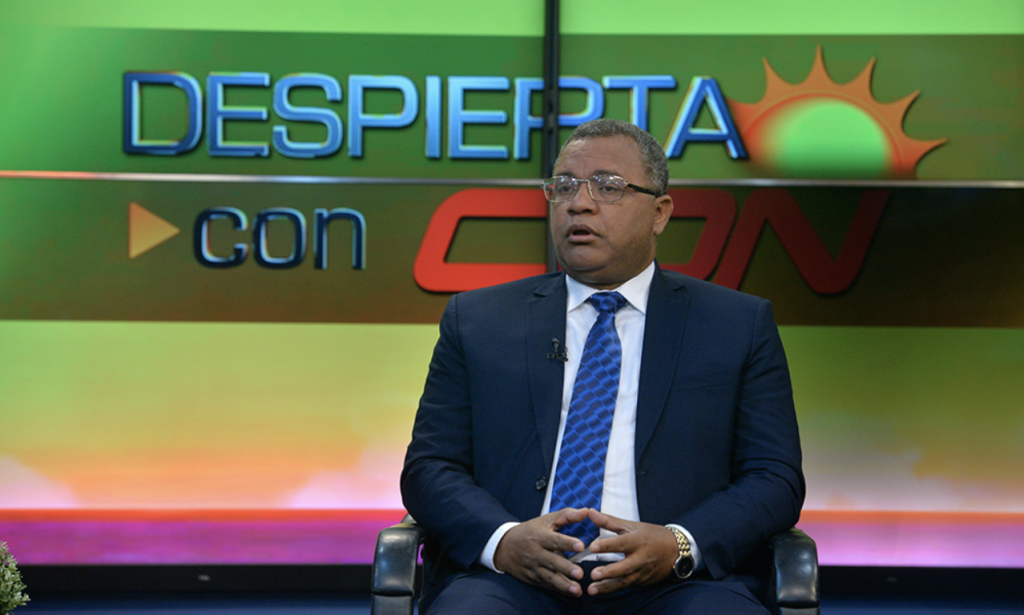
In an interview on Despierta con CDN, the director of the National Transit and Transport Agency (Intrant), Rafael Arias spoke of steps the government is taking to move on the processing of thousands of impounded vehicles and reduce the circulation of vehicles without registration and without minimum conditions.
The renewed government attention comes after the Ombudsman Pedro Pablo Ulloa, his assistants and members of the press, including CDN, were assaulted, their devices removed and footage wiped, when on an inspection tour of the El Coco Vehicle Retention Center (Canódromo) in Santo Domingo when following up on complaints of irregularities committed against owners of retained vehicles. The citizens demand better protocols for the returning of the vehicles.
Arias said to expedite the implementation of more efficient systems, President Abinader named a committee of government entities to work jointly to find solutions. The members are: Comptroller General of the Republic, the Ministry of Interior and Police, the Ombudsman, the General Transit Safety and Land Transportation (Digesett) and Intrant. Arias said in a first meeting it was agreed that the Comptroller’s Office would carry out an audit of the retained vehicles and publish the status of the vehicles online.
In response to the call for the shutting down of the Canódromo facility, Arias said that vehicular detention centers are contemplated in Transit Law 63-17. He did say the facility would be moved to a new holding location.
Arias explained thousands of vehicles were taken there as a result of the implementation of the National Motorcycle Registration Plan. The government offered undocumented motorcycles a low cost and fast-tracked solution to regularize their status. As a result, around 400,000 motorcycles that were circulating without legal registration have been registered. Arias says the Tax Agency (DGII) has a registry of 2.6 million motorcycles in circulation.
Arias says: “It has been a little slow due to the resistance of motorcyclists to registration, because once registered, they are obliged to wear helmets,” he said. He added that the government is making efforts to get people to use the protective helmets.
He said the government is working on creating a public-private entity to offer annual vehicle inspections. The public bidding process for the new entity would take place in June 2022. The plan is for the Public-Private Alliances Agency (DGAPP) to delegate the inspection function carried out in the past by the Ministry of Public Works to the public-private company. The entity would install a network of workshops to carry out a real inspection of the vehicles in circulation and thus reduce the number of units transiting without minimum conditions. The entity would receive 90% of the revenues, and the government 10%. The DGAPP proposal for the installation of a mega vehicular inspection private entity has been criticized as in violation of Transit Law 63-17. Rafael Tobías Crespo, a deputy for the People’s Force and first director of Intrant, has criticized the privatizing of the vehicle inspections. He says the proposal violates the Transit Law 63-17.
Read more in Spanish:
El Caribe
20 April 2022

